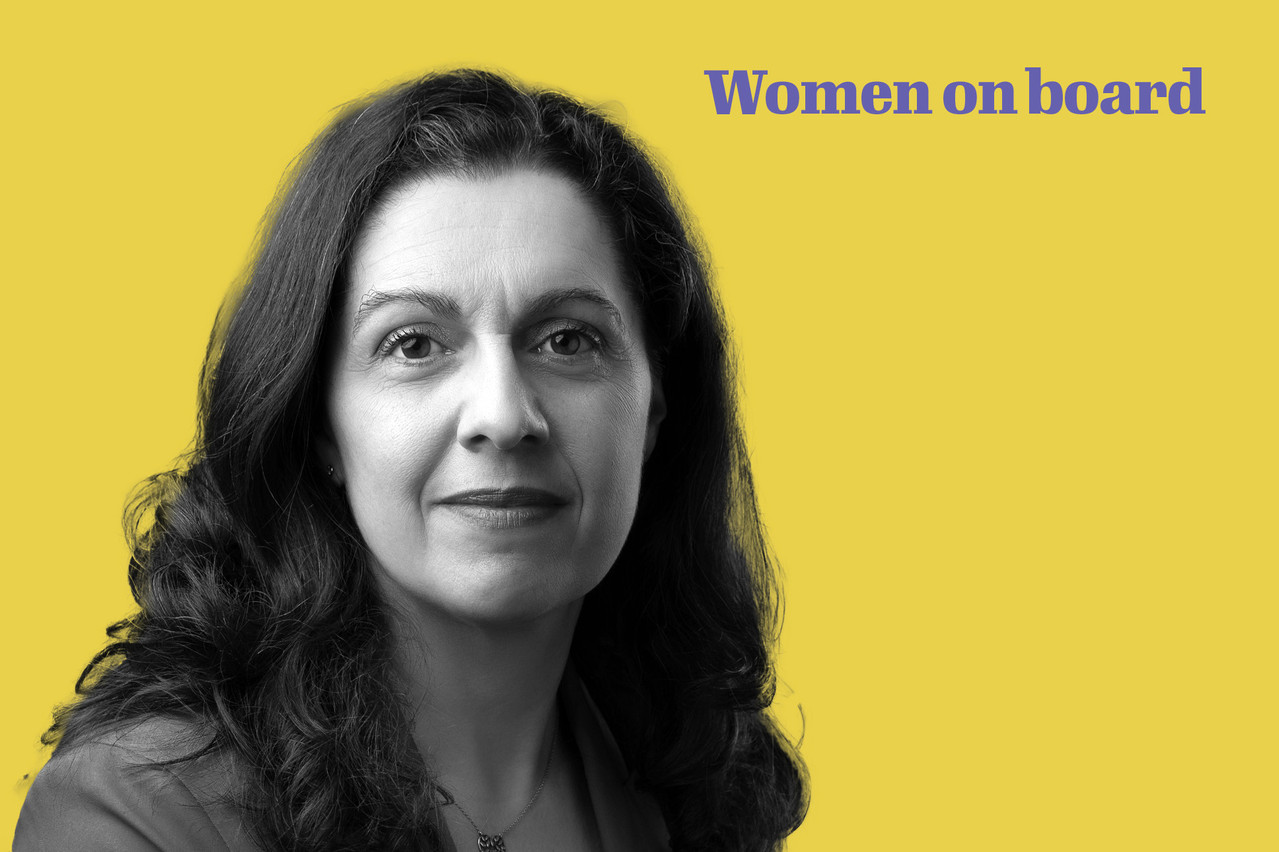Elisa Da Silva has over 25 years’ expertise in regulatory compliance and governance in Luxembourg. She is accredited by the CSSF for the functions of compliance and conducting officer. For the past ten years, Da Silva has run her own consulting firm. She is also involved with the ILA, ALFI and LPEA.
Paperjam: What are the main challenges you’ve faced as a female independent board member?
Firstly, I would say to be aware of the added value I can bring to a board, and then entering the proper networks for directorships.
How do you handle resistance or scepticism directed at you?
I’ve handled it with a coach, by struggling a lot, by persisting and by building up a structured strategy. And at a certain point of time, by ignoring scepticism.
Do you believe gender equality is improving within boards of directors?
Slowly but surely and it depends on the sectors. I can only talk about the financial industry. I have seen a little improvement over the last 10 years.
What is your opinion on quotas for women on boards?
We can do it differently in Luxembourg. More and more women are known by clients through their network
As a female board member, do you feel a particular responsibility to advocate for gender parity and inclusion?
I feel like this gender parity shall not become a claim, but women need to become visible in the market they are interested in and make known to everybody they want to access to the board.
In your view, how does diversity affect a board’s performance?
In my opinion what affects more on a board’s performance is the diversity of views based on diverse experience, background, nationalities, culture, clients, markets that board members are used to working with and of course gender diversity.
What solutions or policies could foster better gender parity?
The solutions are increasing self-confidence via coaching programs and learning how to develop your network.
What advice would you give to a woman hesitating to take this path?
Think about your motivation to become a director and have exchanges with experienced directors in case of doubt. But this is not an obligation to make your mark in society, many people are not cut out for that or simply do not want it. However, if you feel as a person to have an impact wherever it is, just give yourself the means to do it and believe in your capacity and value.
